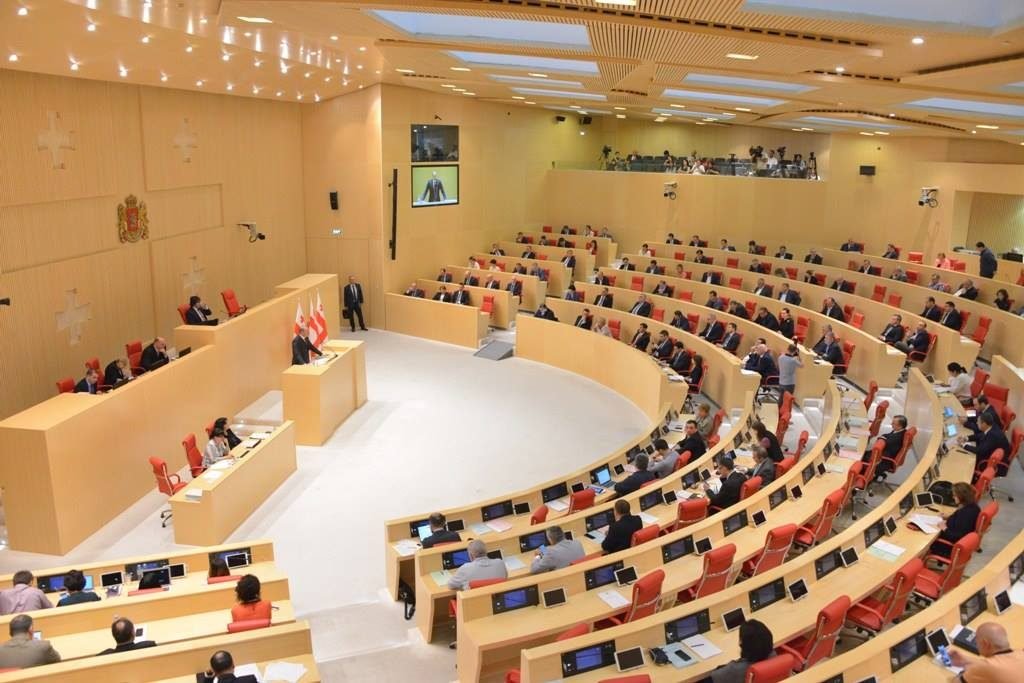The Parliament of Georgia confirmed on July 14 Prime Minister Mamuka Bakhtadze’s new cabinet composition with 101 votes in favor to 12 against. The new government had to face the parliamentary confidence vote following the recent structural changes in the cabinet, which reduced the number of ministries from fourteen to eleven.
The following ministers have retained their positions:
- Ministry of Defense – Levan Izoria;
- Ministry of Environment Protection and Agriculture – Levan Davitashvili;
- Ministry of Foreign Affairs – Davit Zalkaliani;
- Ministry of Internal Affairs – Giorgi Gakharia;
- Ministry of Internally Displaced Persons from the Occupied Territories, Labor, Health and Social Protection – Davit Sergeenko;
- Ministry of Justice and Corrections – Tea Tsulukiani;
- Ministry of Regional Development and Infrastructure – Maia Tskitishvili;
- State Ministry for Reconciliation and Civic Equality – Ketevan Tsikhelashvili.
Cabinet newcomers are:
- Mikheil Batiashvili, former Rector of the Business and Technology University in Tbilisi, who will lead the Ministry of Education, Science, Culture and Sport;
- Ivane Machavariani, former Chief Commercial Officer at Geocell mobile telecommunications operator, who assumed the post of the Finance Minister;
- Giorgi Kobulia, former Senior Partner in McKinsey’s Moscow office, who will serve as the Minister of Economy and Sustainable Development.
The parliamentary opposition criticized PM Bakhtadze’s government in political debates, with MP Roman Gotsiridze of the United National Movement saying the new cabinet was “of lowest quality with its knowledge, experience and skills.” MP Sergo Ratiani of the European Georgia slammed Bakhtadze’s government for “incompetence.”
PM Bakhtadze’s decision to re-appoint Justice Minister Tea Tsulukiani was particularly criticized by the opposition as disrespect to public opinion.
Mamuka Bakhtadze, who served as Finance Minister since November 2017, was tapped to be the country’s new head of government after Prime Minister Giorgi Kvirikashvili stepped down on June 13, amid public protests, as well as apparent “differences of opinion” with the ruling party leadership.
Bakhtadze announced the structural reform plan and staff changes shortly after his nomination, but since changes in government organization required lengthier legislative amendments process, Bakhtadze’s first cabinet went through the confidence vote on June 20 in its existing arrangement, with acting ministers. The Parliament approved the legislative amendments on July 5, enabling the new Prime Minister to re-nominate the new cabinet composition to the legislature.
As part of the Prime Minister’s structural reform plan, three ministries (of Corrections, of Culture and Sport, and of Internally Displaced Persons from the Occupied Territories, Accommodation and Refugees of Georgia) were abolished, with their respective functions transferred to other ministries.
This post is also available in: ქართული (Georgian) Русский (Russian)

